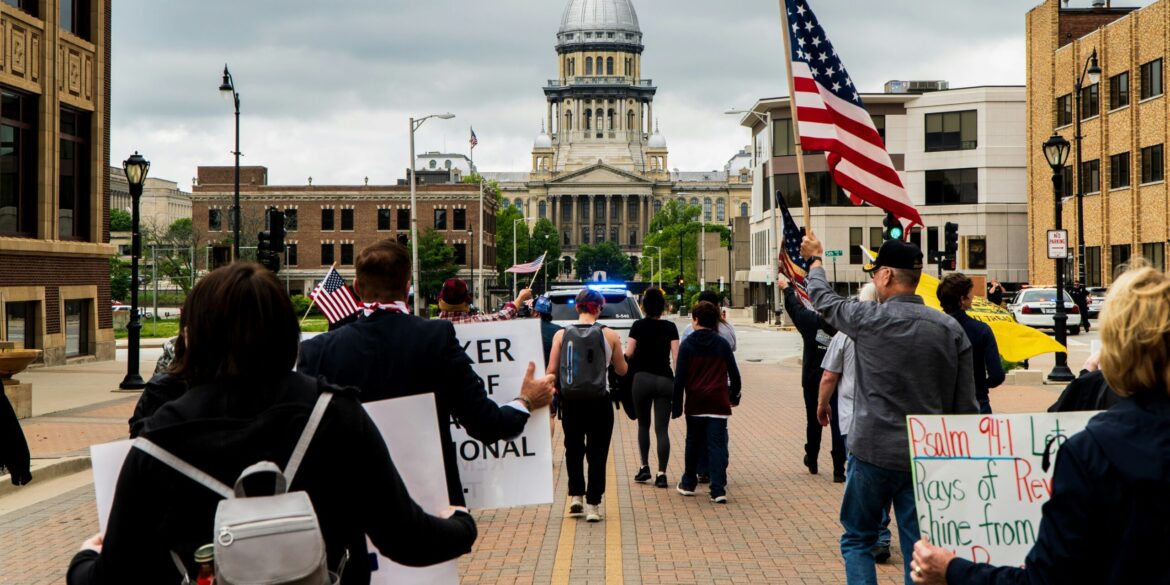Tulsa, Oklahoma, is taking a significant step toward addressing the enduring impact of the 1921 Tulsa Race Massacre. On June 1, 2025, Mayor Monroe Nichols, the city’s first Black mayor, announced the establishment of a $100 million private trust aimed at revitalizing the Greenwood District and supporting its residents. The initiative, termed the “Road to Repair,” focuses on scholarships, housing assistance, and neighborhood development rather than direct financial reparations.
The trust seeks to amass $105 million by June 2026, with $60 million earmarked for infrastructure and community development in North Tulsa. Mayor Nichols introduced the plan at the Greenwood Cultural Center, emphasizing the need to address the long-standing consequences of redlining and systemic underinvestment that followed the massacre. He acknowledged the political challenges inherent in such initiatives, especially amid national resistance to diversity and reparations programs.
Despite a recent legal setback—when the Oklahoma Supreme Court dismissed a lawsuit seeking reparations—the mayor’s plan represents a city-backed effort to confront historical injustices. Two centenarian survivors of the massacre attended the announcement, underscoring the plan’s significance. However, advocates continue to push for direct compensation for the remaining survivors and their families.
This move aligns Tulsa with other cities, like Evanston, Illinois, which have launched similar reparative initiatives. Mayor Nichols’ proposal marks a pivotal moment in Tulsa’s journey toward reconciliation and community restoration.

